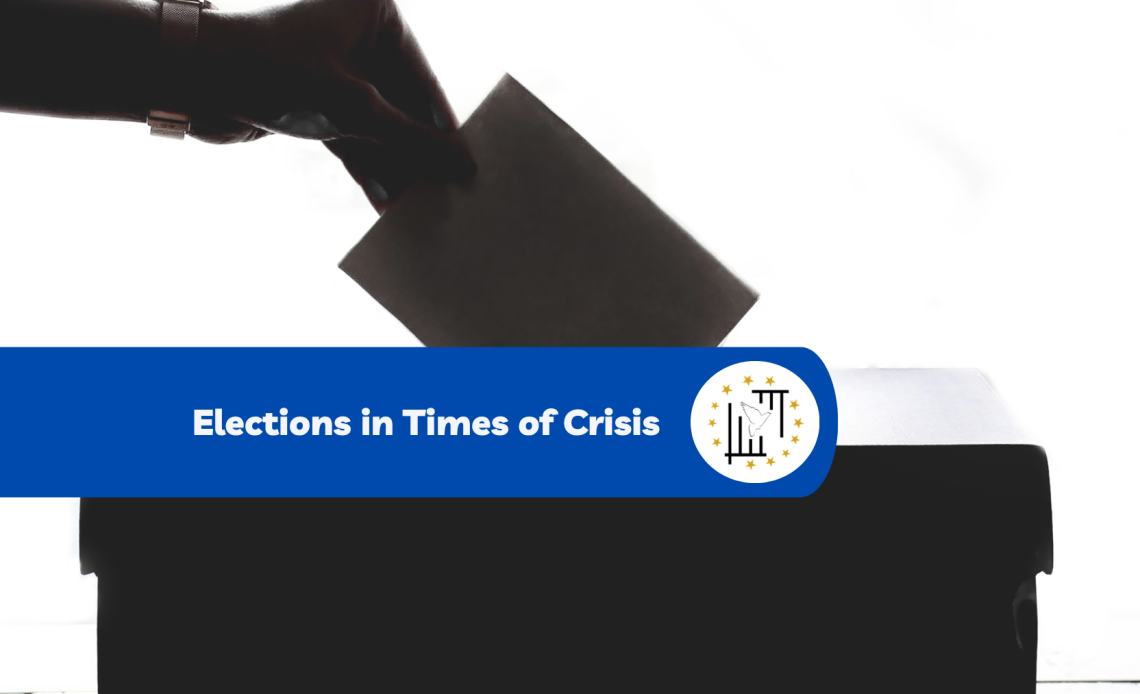Democratic processes in times of crisis face heightened challenges that threaten the stability and legitimacy of electoral systems across Europe and beyond. Political competition intensifies, often leading to strategic behaviours by actors that may undermine public trust and institutional resilience.
While various countries have adopted reforms aimed at improving transparency and voter participation, the implementation of these measures remains uneven. Particular gaps exist in managing the fragility of voting systems, ensuring fair competition, and safeguarding democratic accountability under conditions of political instability.
Recent studies highlight increasing electoral volatility, narrow margins in closely contested races, and the growing influence of external factors such as media framing and civil society actors. These trends underscore the complex dynamics shaping elections in crisis contexts and the risks of unpredictable or counterintuitive outcomes.
This report, Elections in Times of Crisis, prepared for submission to the Parliamentary Assembly of the Council of Europe, analyzes the structural and behavioural factors affecting elections held during crises, identifies vulnerabilities in current electoral frameworks, and recommends reforms to strengthen democratic legitimacy, institutional robustness, and voter engagement.
To read the full report, please click here.

